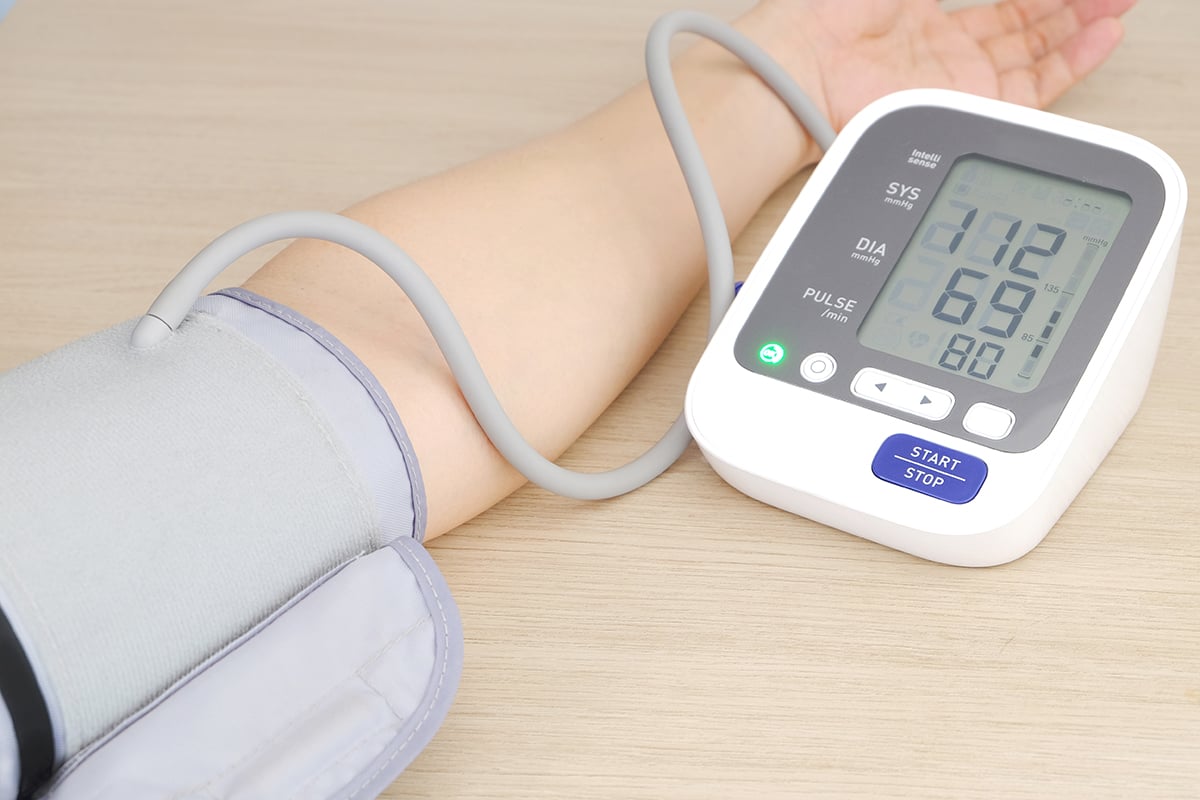High Blood Pressure (Hypertension)
High Blood Pressure (Hypertension)
Hypertension is a disease of great significance. We can detect it by measuring blood pressure that is consistently higher than normal over a prolonged period. The World Health Organization defines individuals with a measured blood pressure of more than 140/90 mmHg as having hypertension. This condition is considered a disease, and those who do not receive appropriate treatment may be at risk for various complications, such as stroke from narrowed blood vessels, ischemic heart disease, and kidney failure.
Hypertension is a common condition; current statistics show that about 20 percent of the Thai population has a chance of developing it. However, patients may sometimes be unaware of their condition until they experience symptoms or complications, at which point they begin to seek treatment. Regularly monitoring and controlling blood pressure to normal levels can effectively reduce the risk of stroke and coronary artery disease.
Risk Factors
Blood pressure changes according to various environmental factors, such as age. Blood pressure tends to increase with age, but this is not a strict rule; it does not always mean it will be higher. For example, blood pressure fluctuates throughout the day, and mental state and emotions can significantly affect it. For instance, stress can cause blood pressure to rise. Additionally, studies have found that men are more likely to develop high blood pressure than women. Environmental factors and genetics also influence the likelihood of developing hypertension; individuals with a family history of the condition are at greater risk. Geographic conditions and salt intake in the diet also affect blood pressure.
Blood pressure measurements should be taken while sitting and using the correct technique, including multiple readings for an accurate diagnosis. Patients with high blood pressure may or may not experience symptoms such as headaches, dizziness, or fatigue, but they should be cautious of potential complications, such as stroke or heart failure.
Levels of Disease Severity
Hypertension has various levels of severity, including:
Level 1: early-stage hypertension, with blood pressure readings between 140-159/90-99 mmHg
Level 2: moderate hypertension, with blood pressure readings between 160-179/100-109 mmHg
Level 3: severe hypertension, with blood pressure readings greater than 180/110 mmHg
Treatment and Prevention
Changing your lifestyle can help control and manage high blood pressure. Your healthcare provider may recommend making lifestyle changes, including:
Food: Choose nutritious foods, reduce the intake of sugar, fat, and salt, and increase the consumption of fruits and vegetables.
Exercise: doing physical activity for at least 30 minutes a day.
Mental health: keep the mind calm and manage stress.
Health: avoid smoking and alcohol consumption.
Regular blood pressure checks are essential to monitor the body’s condition and prevent potential complications associated with hypertension.
Controlling blood pressure to normal levels is crucial to reduce the risk of complications and maintain long-term health.
HAPPY NOZ ADVANCE YLANG YLANG PATCH
Happy Noz Advance Ylang Ylang Patch contains ylang-ylang oil combined with lavender oil, which calms the mind and promotes relaxation.












